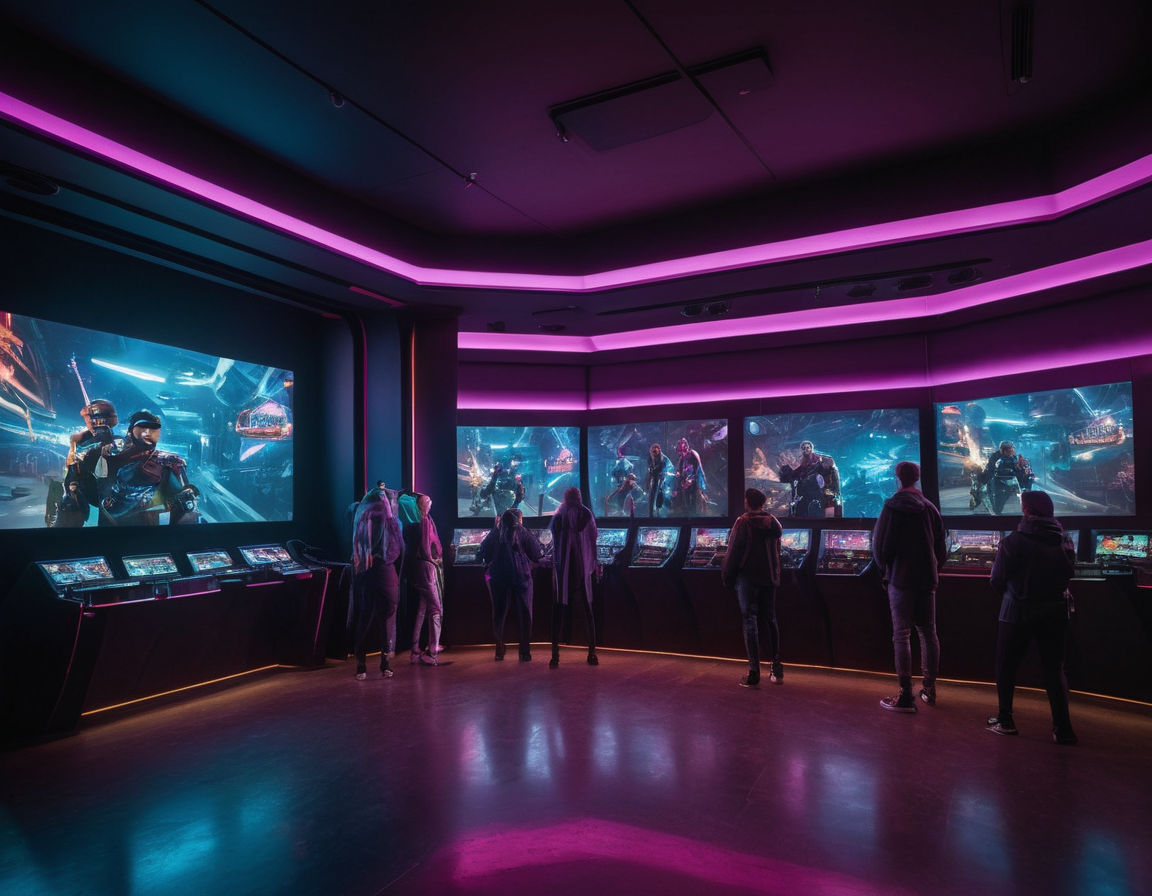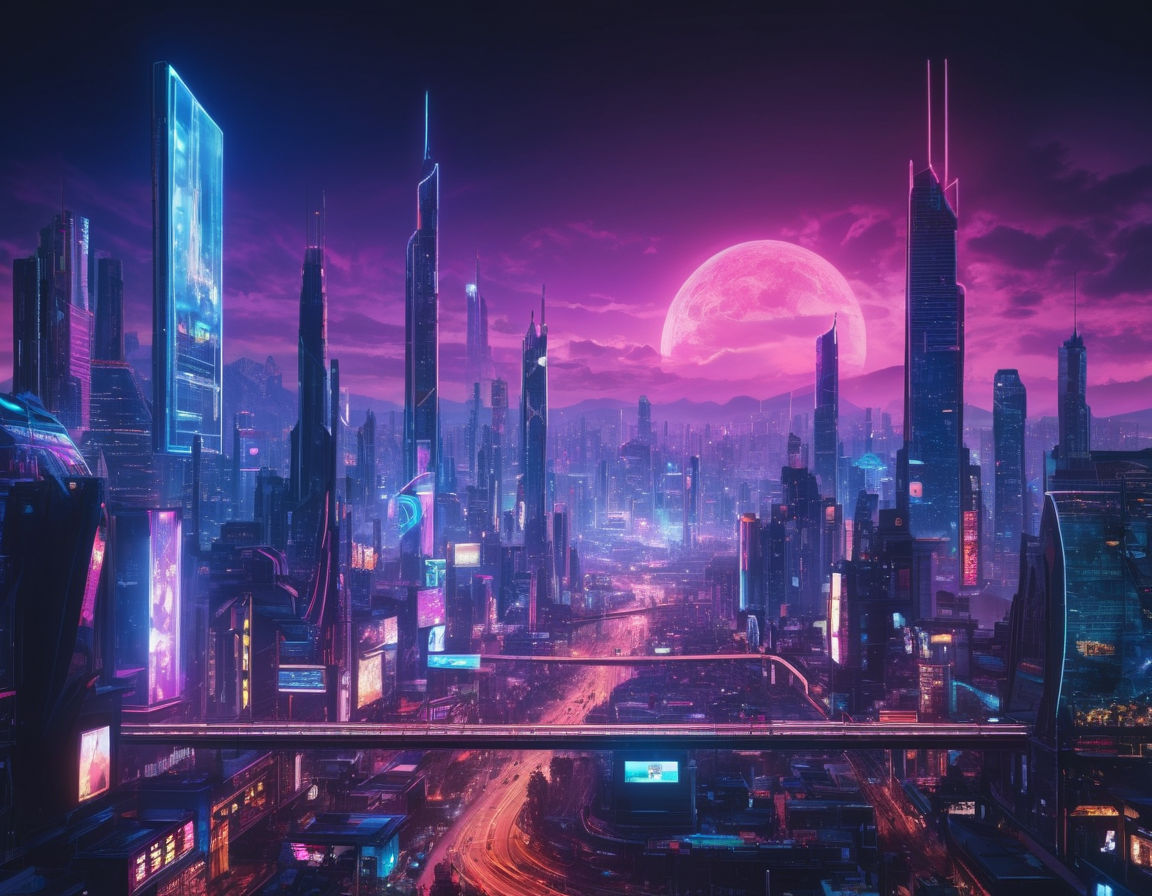Introduction
Video Games and Culture: In recent decades, video games have emerged as a powerful force in shaping popular culture. This article will delve into the profound impact of video games on various cultural aspects, including movies, music, fashion, and beyond. Understanding this influence is essential to grasp the interconnected nature of contemporary entertainment and societal trends.
The Evolution of Video Games
Historical Background of Video Games
The journey of video games from humble beginnings to a dominant form of entertainment is a fascinating tale. Starting with simple pixelated graphics and basic gameplay in the early arcade era, video games have evolved into complex, immersive experiences. With milestones like the release of Pong in the 1970s and the iconic rise of Nintendo's consoles in the 1980s, the industry has come a long way.
Growth of the Gaming Industry
The gaming industry has witnessed exponential growth, expanding into a multibillion-dollar global market. This growth has not only transformed how we play but has also influenced modern culture significantly. From the rise of indie developers challenging traditional norms to the mainstream success of esports competitions, video games have become ingrained in society's fabric.
Cultural Impact of Video Games
From influencing fashion trends to redefining storytelling in movies, video games have left an indelible mark on popular culture. Iconic games such as "Super Mario Bros.," "The Legend of Zelda," and "Pokémon" have transcended screens to become cultural phenomena. These games not only entertain but also inspire art, music, and even fashion lines, showcasing the breadth of their impact.
Case Studies of Iconic Games
"Super Mario Bros."
Arguably the most recognizable character in gaming history, Mario has become a global icon transcending generations. The game's innovative design, catchy soundtrack, and lovable characters have permeated popular culture, inspiring everything from animated series to theme park attractions. "Super Mario Bros." represents a prime example of how a video game can influence multiple forms of media.
"The Legend of Zelda"

Known for its immersive world-building and innovative gameplay mechanics, "The Legend of Zelda" series has redefined the adventure genre in both gaming and beyond. With a dedicated fan base and critical acclaim, the franchise has inspired fan art, music covers, and even fashion collections. Its impact on popular culture showcases the storytelling potential of video games.
"Pokémon"
As a cultural juggernaut, "Pokémon" has transcended gaming to become a global phenomenon. From the iconic catchphrase "Gotta Catch 'Em All" to the diverse range of creatures, the franchise has influenced music, fashion, and even augmented reality experiences. With merchandise, animated series, and movies, "Pokémon" exemplifies how a game can spawn a multimedia empire.
In conclusion, the cultural impact of video games is profound and far-reaching. By examining iconic games and their significance in shaping popular culture, we gain insight into the dynamic relationship between interactive entertainment and societal trends.
Video Games in Crossover Media
Video games have become a significant part of popular culture, with their influence extending beyond the realm of gaming into movies, music, and various forms of media. This crossover effect can be seen in the successful adaptation of video games into blockbuster movies, chart-topping music inspired by gaming themes, and collaborations between game developers and artists.
One prominent example of a successful game-inspired movie is "Tomb Raider," based on the popular video game series of the same name. The film's protagonist, Lara Croft, has become a cultural icon, transcending the gaming world to be portrayed by renowned actresses on the big screen. Similarly, music artists often draw inspiration from video games, incorporating their themes and soundtracks into their songs. This fusion of two forms of entertainment creates a unique blend that resonates with fans of both mediums.
The crossover between video games and popular media not only expands the reach of gaming culture but also introduces non-gamers to the immersive worlds and compelling narratives that games offer. As collaborations continue to flourish, we can expect more innovative crossovers that enrich both the gaming industry and popular media landscape.
Influence on Fashion and Merchandise
The influence of video games on fashion trends and consumer culture has grown significantly in recent years. Game-inspired clothing lines, accessories, and merchandise have become staples in the fashion industry, reflecting the impact of gaming aesthetics on mainstream style.
From graphic tees featuring iconic game characters to high-end designer collaborations with gaming franchises, the influence of video games on fashion is undeniable. Gamers and non-gamers alike embrace this trend, incorporating elements of gaming culture into their everyday attire. The popularity of limited-edition gaming merchandise further highlights the demand for unique and nostalgic pieces that pay homage to beloved games.
Beyond clothing, video game merchandise extends to a wide range of products, including collectibles, home decor, and lifestyle items. This diversification of gaming-related products underscores the cultural significance of video games and their ability to shape consumer preferences across different industries.
Rise of Esports and its Cultural Significance

Esports, or competitive video gaming, has experienced explosive growth in recent years, emerging as a global phenomenon with a massive following. This rise of esports has transcended traditional boundaries, captivating audiences worldwide and garnering mainstream acceptance as a legitimate form of entertainment.
The cultural significance of esports lies in its ability to bring together diverse communities, transcending language and geographic barriers through a shared passion for gaming. Major esports events attract millions of viewers, rivaling traditional sporting events in terms of viewership and engagement. The popularity of esports has led to the professionalization of gaming, with professional players becoming celebrities and earning lucrative sponsorships.
As esports continues to gain momentum, its impact on global popular culture cannot be understated. The integration of gaming tournaments into mainstream media coverage, the development of dedicated esports arenas, and the establishment of professional leagues underscore the growing influence of esports on the cultural landscape.
The Future of Gaming Culture
With the rapid evolution of technology and the ever-growing popularity of video games, it is essential to look ahead and predict how gaming trends will further influence popular culture.
Predictions on How Gaming Trends Will Shape Popular Culture
Interactive Storytelling: As technology advances, video games will continue to offer immersive storytelling experiences that rival traditional forms of entertainment like movies and books. Players will have more control over the narrative, leading to a more personalized and engaging experience.
Virtual Reality (VR) Integration: The rise of VR technology in gaming is expected to revolutionize the way we consume entertainment. This immersive technology will not only enhance gaming experiences but also blur the lines between virtual and reality, opening up new avenues for storytelling and artistic expression.
Cross-Platform Integration: With the increasing popularity of multiplayer and cross-platform gaming, we can expect to see a more interconnected gaming community. This integration will not only break down barriers between different gaming platforms but also lead to new forms of collaboration and cultural exchange.
Influence on Mainstream Media: Video games have already made significant inroads into mainstream media through game-inspired movies, TV shows, and music. This trend is likely to continue, with more crossovers between the gaming and entertainment industries, further cementing the influence of gaming on popular culture.
Importance of Continued Research in Cultural Studies to Understand the Impact of Video Games
Cultural Significance: As video games increasingly permeate different aspects of popular culture, it becomes crucial to conduct in-depth research to understand their socio-cultural impact. Scholars and researchers need to explore how video games shape attitudes, behaviors, and norms within society.
Diversity and Inclusion: Studying the cultural impact of video games can shed light on issues of diversity and representation within the gaming industry. Research in this area can help promote inclusivity, challenge stereotypes, and foster a more diverse and welcoming gaming community.
Ethical Implications: With the rise of online gaming and virtual communities, there are ethical considerations surrounding player interactions, privacy, and the impact of in-game experiences on real-world behavior. Continued research is necessary to address these ethical dilemmas and ensure a safe and positive gaming environment for all.
Educational Potential: Research in cultural studies can also uncover the educational potential of video games. By studying how games can enhance learning, problem-solving skills, and creativity, researchers can advocate for the integration of gaming technologies in educational settings to improve student engagement and outcomes.
Conclusion
In conclusion, the influence of video games on popular culture is undeniable and continues to grow stronger with each passing year. From iconic games that have become cultural touchstones to the integration of gaming trends into mainstream media, video games have left an indelible mark on modern society.
As we look to the future, it is essential for researchers, industry professionals, and enthusiasts alike to continue exploring the dynamic relationship between video games and popular culture. By conducting research in cultural studies, advocating for diversity and inclusion, addressing ethical concerns, and harnessing the educational potential of video games, we can better understand and appreciate the profound impact of gaming on our modern world.
Let us embark on a journey of discovery and exploration, delving deeper into the multifaceted world of video games and their influence on the cultural tapestry of our society. Together, we can unravel the mysteries, celebrate the successes, and shape the future of gaming culture for generations to come.




